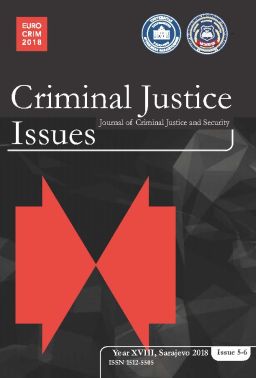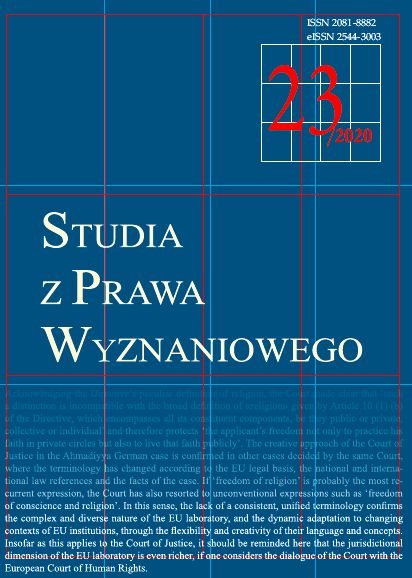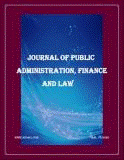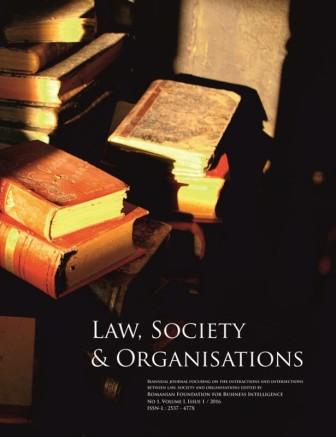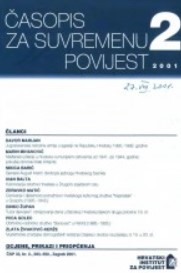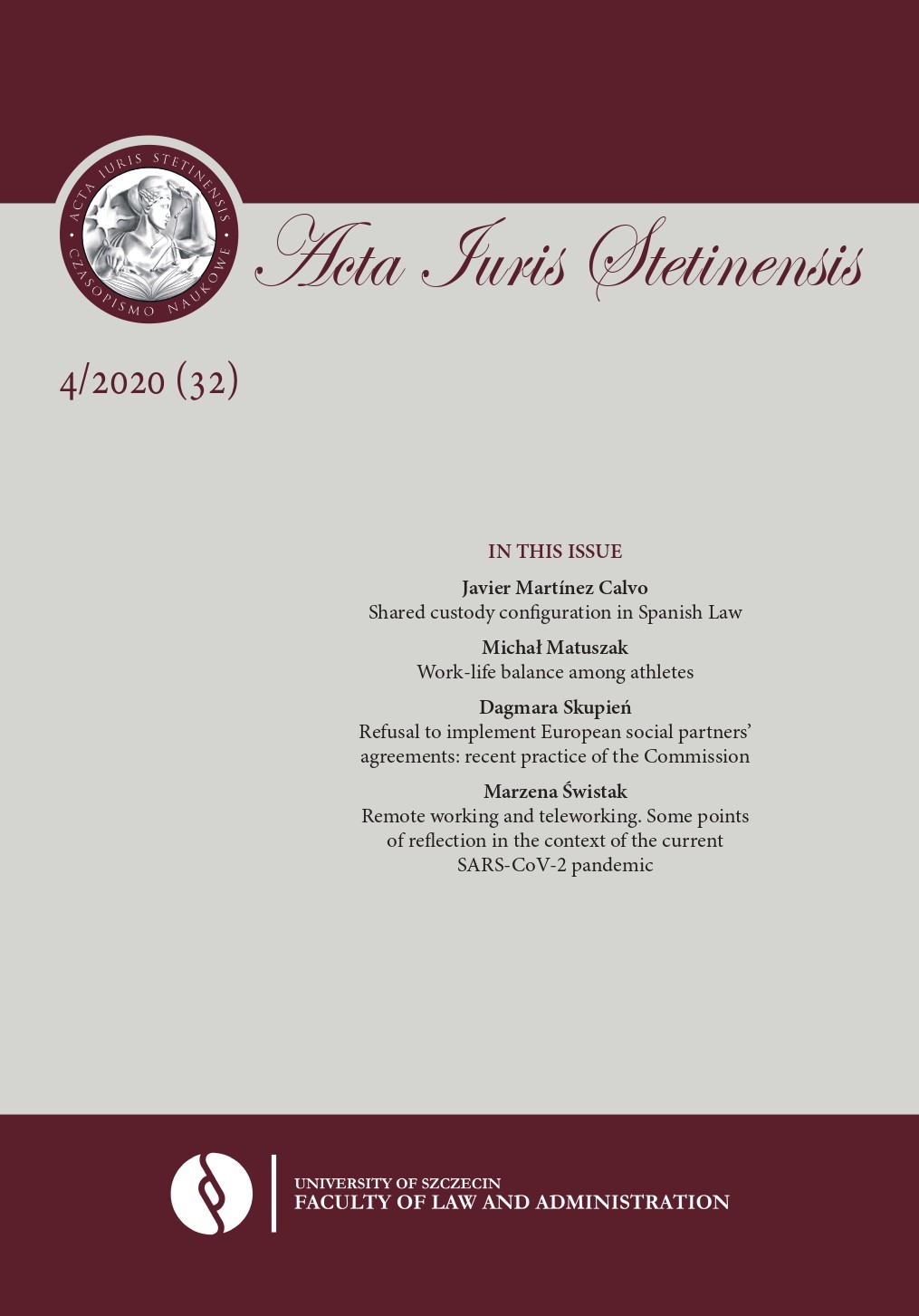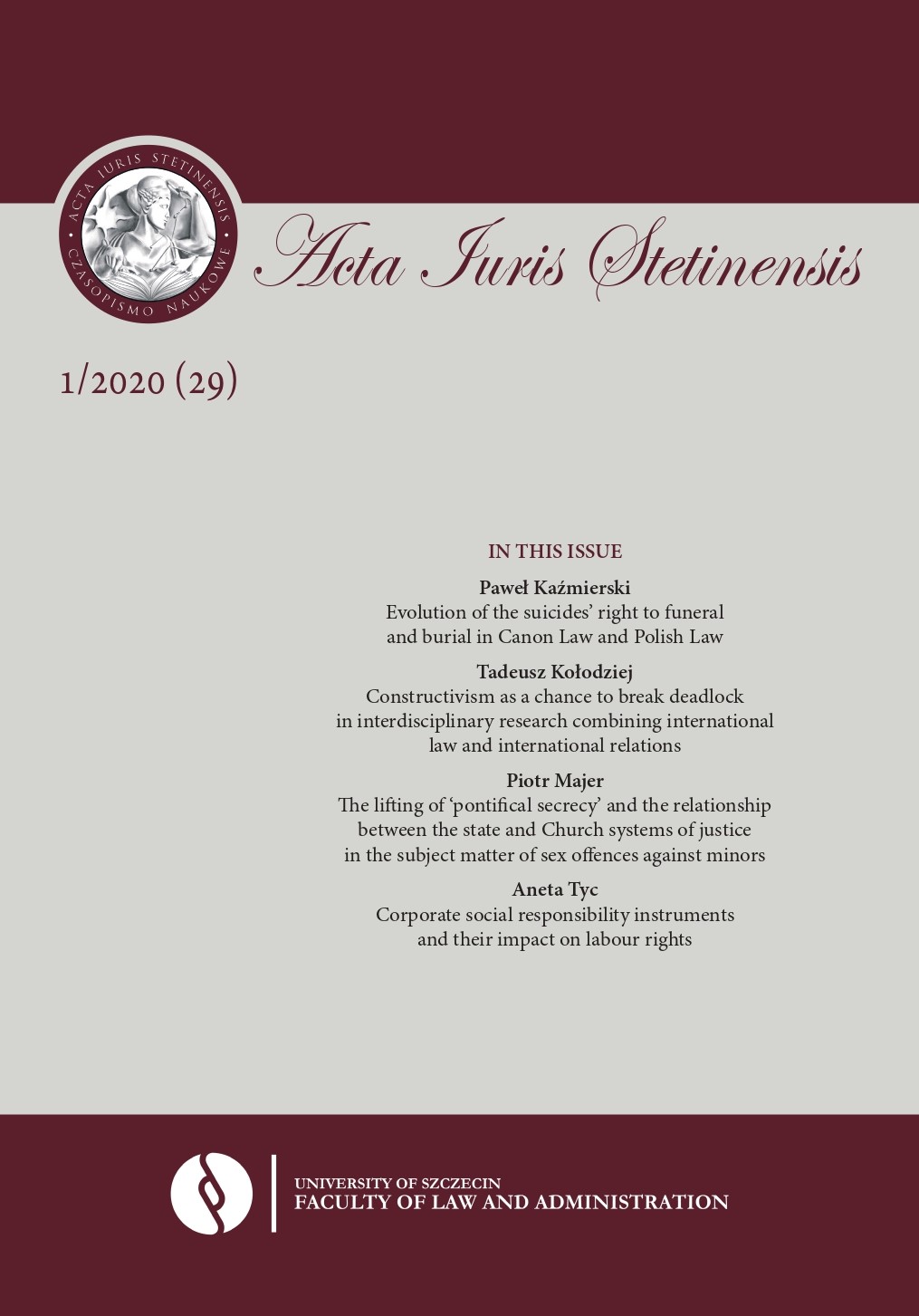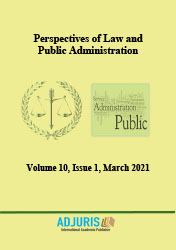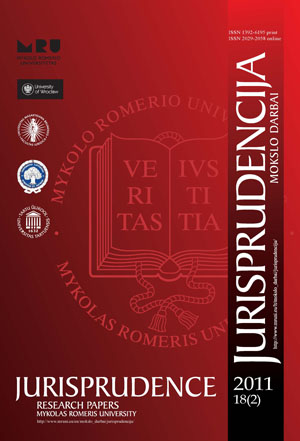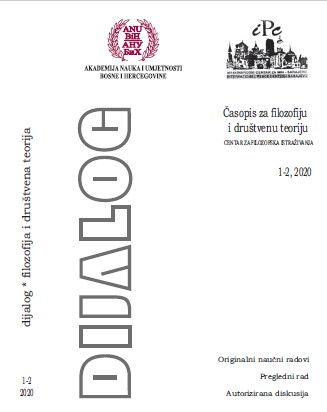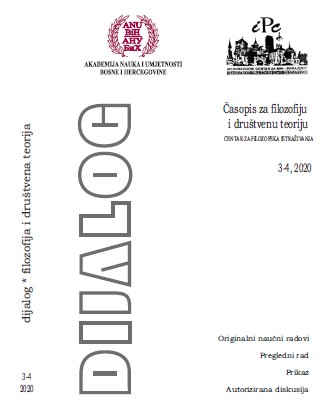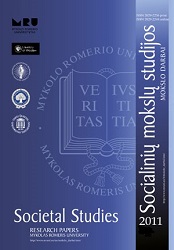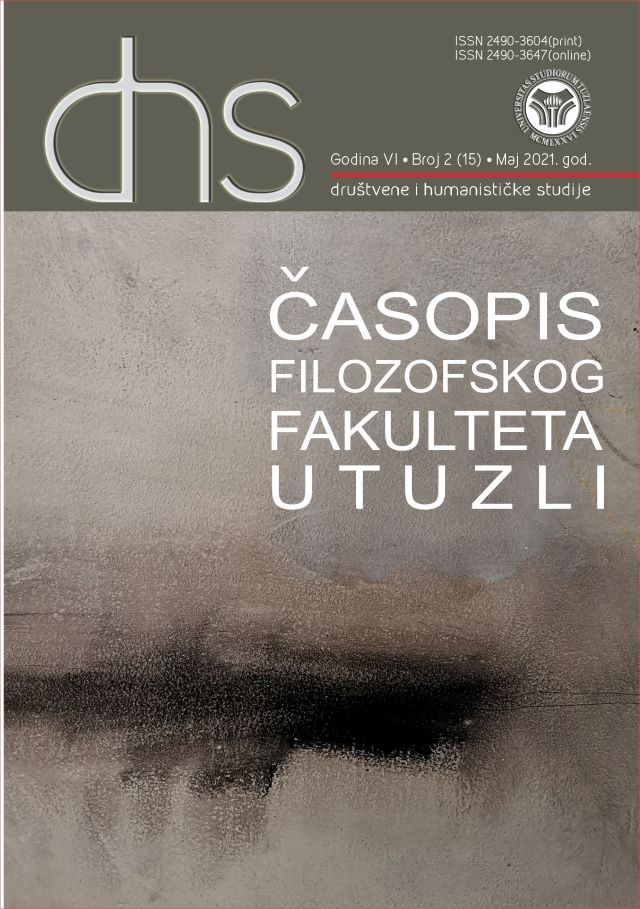Author(s): Tomas Blinstrubis / Language(s): Lithuanian
Issue: 1/2011
The concept of “the Church”, as in the meaning of Article 72 of the Federal Constitution of the Swiss Confederation, in the jurisprudence system of the Swiss Federal Court, covers in principle the concept of “religious communities” pars pro toto. On the other hand, expréssis verbis of the conception of “the Church” in the text of the Constitution indicates the aim of its authors to implicitly enforce the subtle acknowledgement of historically traditional and actually recognised exceptional significance of churches in Switzerland. Constitutions of the Cantons provide also for the Communities of the Church, which exist among other communities of Cantons (political, residents, etc.) as fully recognised types of entities under the public law, however, different from religious communities, since they form a unit within the church system of the Canton, separated from each other on the personal confessional-territorial basis. Due to this, the difference between the concepts of “religion” and “church” is important. Religion, in particular, is legally identified according to specific criteria, and is a significant condition for the existence of any religious community, as public or private legal person of religious nature; while the traditional Church of the Canton is an institutionalised form of religion, where churchy communities from the territorial or organisational viewpoint are dependent on the uniting them Church of the Canton, and which are recognised as independent public law corporations. The most fundamental principle in the law on self-regulation of a religious community is the corporative freedom of religion, as it protects religious communities first and foremost from the impermissible interference of the State. Subsequently, the right of religious communities to self-governance and autonomy is among the elements of the corporative freedom of religion. However, as noted earlier, the state does not treat all religious communities on an equal basis in the legal sense. The recognized churches (religious communities) as public law corporations, are unions of persons, who form a certain part in the sphere of the state sovereignty. Therefore, their right to self-regulation is restricted by the Canton through the recognition act of religious communities as such, and the requirements for observing in their activities of democratic procedures and legal principles of the state. However, the state is also undertaking to protect their autonomy, and the Federal Court has expanded the right of church communities to lodge a constitutional claim concerning the violation of their autonomy, not only by top state institutions, but also by higher institutions of the Church. Meanwhile, the fundamentals of the origin of religious communities existing on the basis of the private law are contractual, and due to observe only the imperative norms of the private law. The Canton should not interfere with the organization of private religious legal entities, therefore a wide right to autonomy is guaranteed for them.
More...
